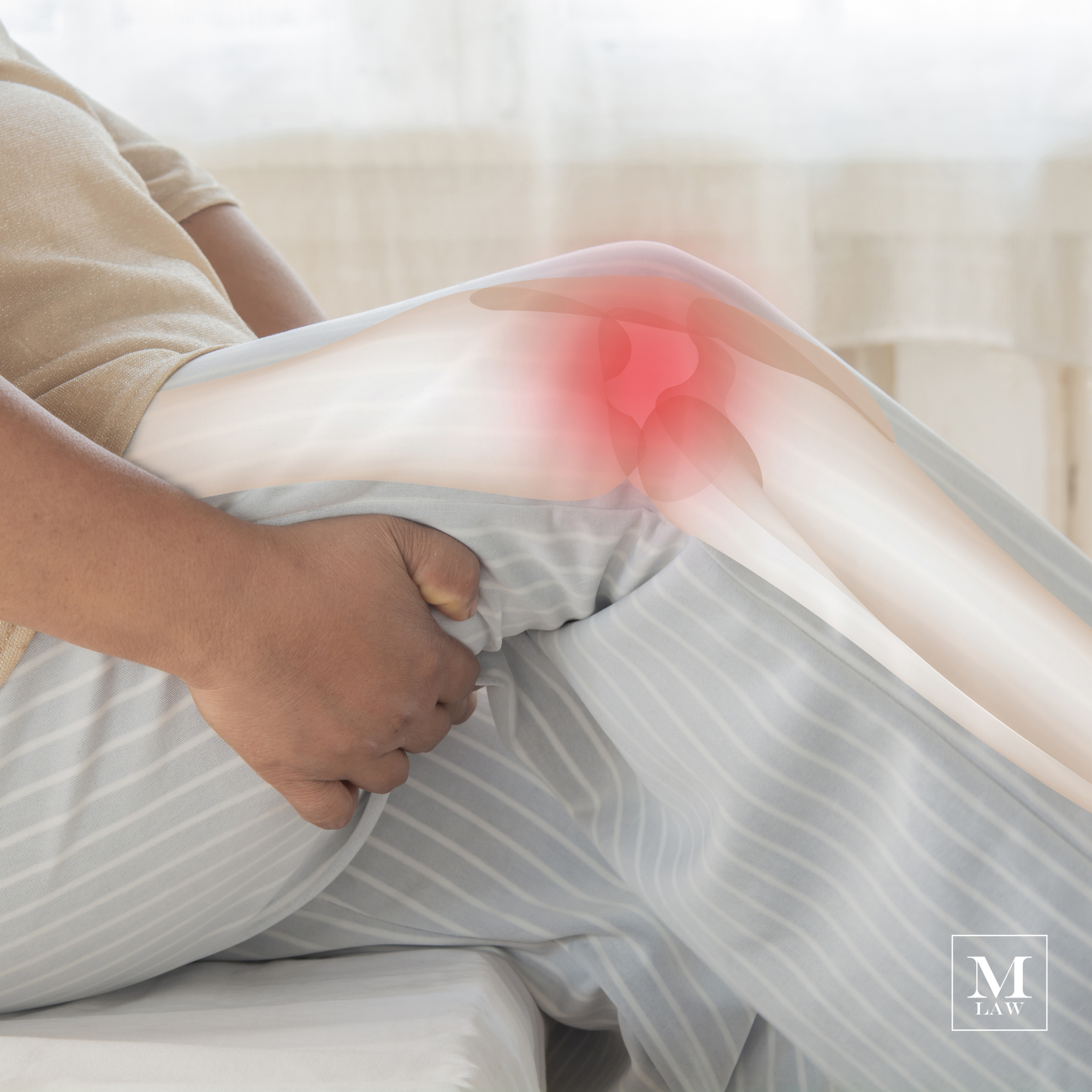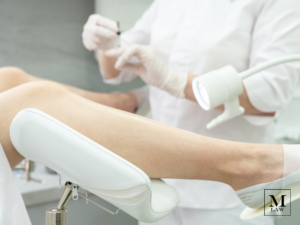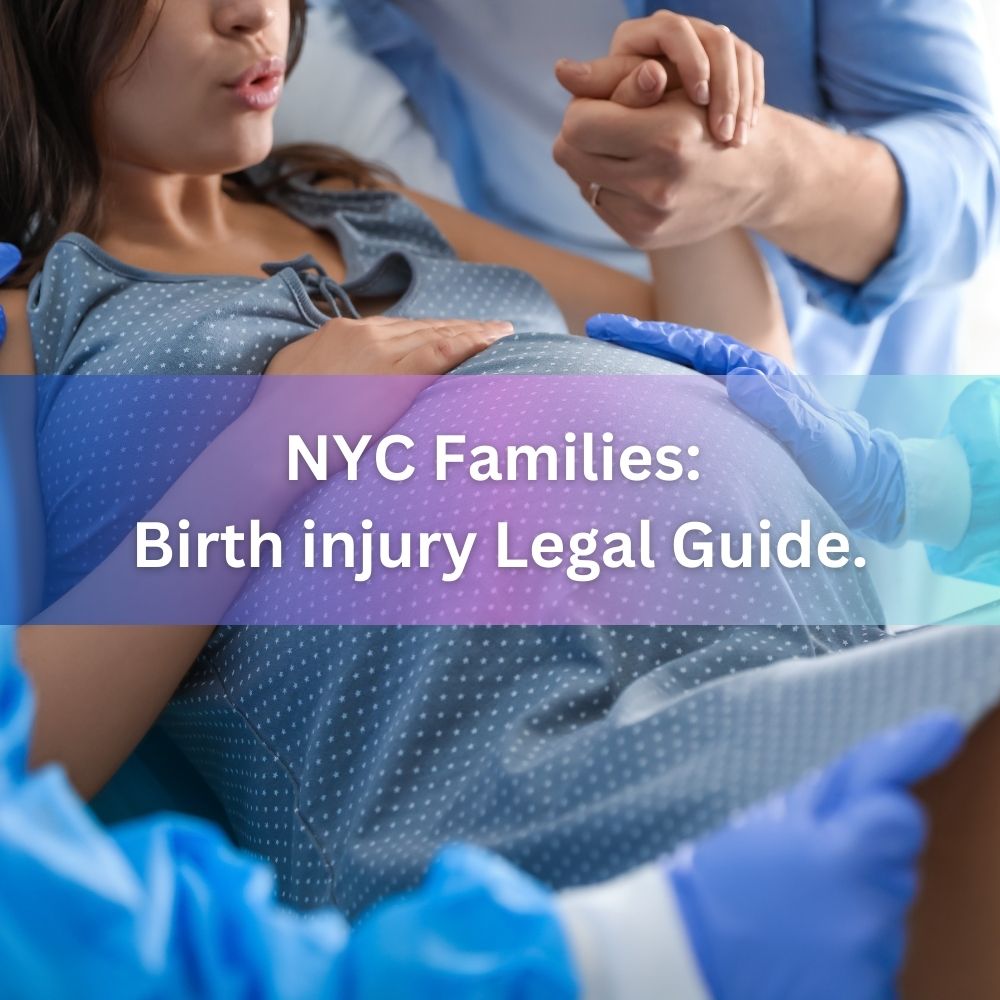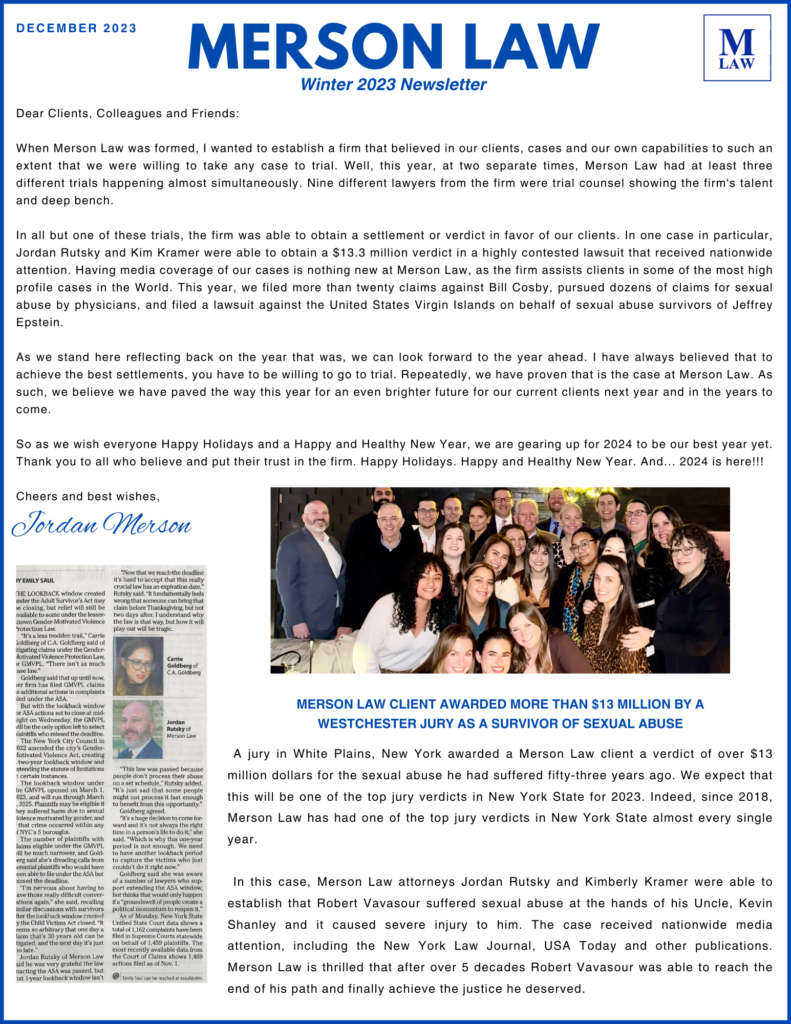If you’ve had knee replacement surgery, you’re definitely no stranger to pain and discomfort. There was pain before surgery, and certainly a lot of pain after. But if your knee pain after surgery hasn’t gone away, you’re probably wondering to yourself, why?
Knee pain after surgery is common and can be considered a normal part of the recovery process. This is particularly true for knee surgeries such as knee replacement, ACL reconstruction, or meniscus repair.
After surgery, pain is a common experience as the body responds to the trauma caused by the operation. Knee pain can also result from the inflammation, swelling, and bruising that typically occur after surgery. In addition, post-surgical knee pain can be caused by the manipulation of the joint during the procedure.
Fortunately, there are ways to manage post-surgical knee pain. Your doctor will likely prescribe pain medication, and you may also be advised to use ice, compression, and elevation to reduce swelling and discomfort. Physical therapy may also be recommended to help strengthen the knee and promote healing.
It’s essential to communicate with your doctor about any pain you’re experiencing after surgery, as they can assess whether the pain is within normal expectations or requires further evaluation or intervention. This is especially true if your knee pain lasts for an extended period of time, or for longer than your doctor informed you it would last.
There may also be cause for concern if a knee replacement begins to cause you excessive pain or difficulties several years after your surgery. Joint replacement device companies like Exactech have been known to make mistakes and issue recalls.
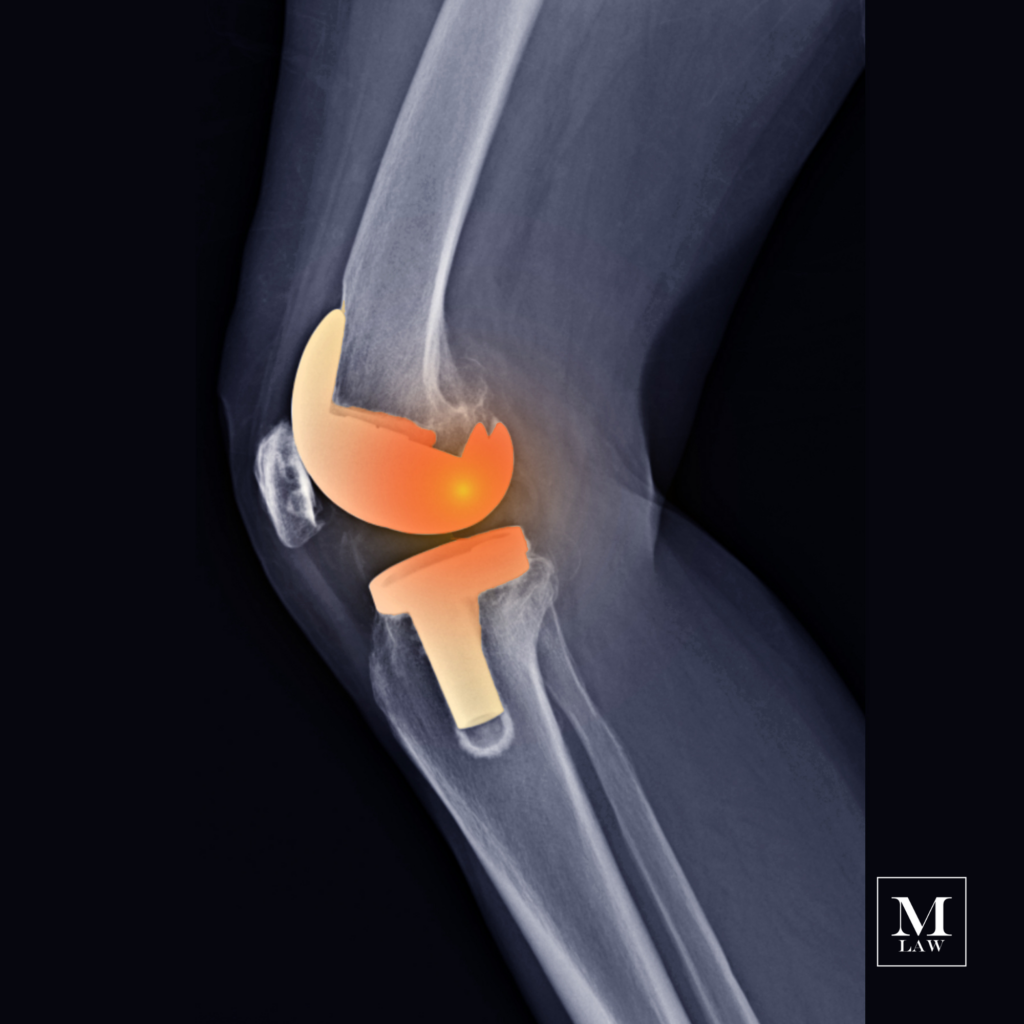
How long does pain last after knee surgery?
The duration of pain after surgery can vary depending on several factors, including the type of surgery performed, your overall health, and your adherence to post-operative rehabilitation protocols. However, in general, your pain after surgery can last for several weeks to several months.
The most painful days after knee surgery are generally felt immediately after surgery. You can expect to experience significant pain for the first few days. This pain will typically begin to subside within the first week or two, as the body begins to heal and recover from the operation. Over time, the pain should continue to decrease gradually as you continue with your rehabilitation and physical therapy exercises.
Knee or knee replacement pain after 1 year or more is generally not normal, and is a good indication that you should contact your doctor.
It’s important to note that while knee pain immediately after surgery is normal, if the pain is severe, persistent, or accompanied by other symptoms such as fever, redness, or drainage, you should contact your doctor immediately. These symptoms could be indicative of an infection or other complications, which require prompt medical attention.

Could Your Knee Pain be the Result of a Surgery Error?
It’s always a possibility that your excessive knee pain is the result of a surgery error or medical malpractice.
Determining whether this is the case can be a complex process, and it’s essential to seek the advice of a qualified medical professional and a medical malpractice attorney.
It’s worth noting that experiencing knee pain after surgery is not always an indication of malpractice. As we previously discussed, knee pain is a common and expected outcome of knee surgery. However, there are certain situations where knee pain after surgery may be a sign of malpractice or error. These situations may include:
- Failure to diagnose or treat a postoperative infection
- Failure to monitor or manage pain levels during the recovery process
- Damage to nerves or blood vessels during surgery
- Poor surgical technique or errors during the operation
If you believe that your knee pain after surgery may be the result of malpractice or an error, it’s important to gather as much information as possible, including your medical records, surgical notes, and any other relevant documents. You should also consult with an attorney to assess your case and determine the best course of action.
Get in Touch with our Team
The medical malpractice attorneys at Merson Law are dedicated to representing victims of medical malpractice and helping them to seek compensation for their injuries.
If you believe that you or a loved one has been the victim of medical malpractice in New York, Merson Law PLLC may be able to help. Contact us today for an initial consultation to discuss your case and learn more about your legal options.


